Search Results
Showing results 1 to 20 of 71
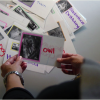
Sound Charades
Source Institutions
In this game, learners create flash cards with an image on one side (of an animal, for example) and the sound that animal makes on the other.
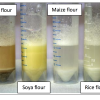
Wheat Evolution: Sedimentation Testing
Source Institutions
In this activity (Page 30 of PDF), learners investigate the evolution of wheat by conducting sedimentation tests on different flours.
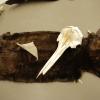
Skin, Scales and Skulls
Source Institutions
In this activity, learners examine body parts (including skin, scales, and skulls) from fish, mammals and reptiles. Questions are provided to help encourage learner investigations.
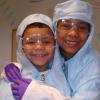
Tiny Particles, Big Trouble!
Source Institutions
In this activity, learners discover why some nanoscale science and technology is done in the controlled environment of a clean room, what clean rooms are like, and how scientists help keep the clean r

Gummy Shapes
Source Institutions
In this activity, learners use chemistry to “self-assemble” gummy shapes. Learners discover that self-assembly is a process by which molecules and cells form themselves into functional structures.
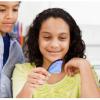
Morphing Butterfly
Source Institutions
In this activity, learners explore how nanosized structures can create brilliant color.
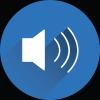
Decibel Cannon
Source Institutions
In this activity, learners will construct an air cannon as a model for the human ear.
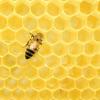
Honeycomb Geometry
Source Institutions
In this activity, learners will build a honeycomb. Learners will investigate how the shape of the honeycomb develops. Activity includes step-by-step instructions and extension ideas.

Bonseki Salt Art
Source Institutions
In this activity learners will be creating art using a traditional Japanese art style.
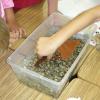
Crayfish Investigations
Source Institutions
This activity has learners interacting with live crayfish, but could be adapted for a variety of similar hardy and interesting organisms.
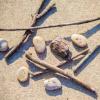
Making Music in Nature
Source Institutions
In this activity, learners will explore the ways natural materials can produce sounds. Appropriate for any age, learners can make individual music or create a symphony with others.
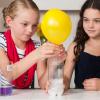
What's In Your Breath?
Source Institutions
In this activity, learners test to see if carbon dioxide is present in the air we breathe in and out by using a detector made from red cabbage.
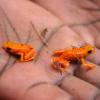
Dress Like a Frog
Source Institutions
In this activity, learners will discover what it takes to be a frog. By dressing up like one, learners can visualize how each part of the frog plays an important role in surviving its habitat.
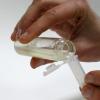
DNA Nanotechnology
Source Institutions
In this activity, learners explore deoxyribonucleic acid (DNA), a nanoscale structure that occurs in nature.
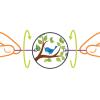
Thaumatropes
Source Institutions
In this activity, learners will make a thaumatrope, an old-fashioned optical illusion that dates back to the 1820s.
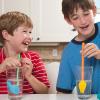
Make a Heart Valve
Source Institutions
In this activity, learners make a model of a one-way heart valve to investigate how a heart controls the direction of blood flow.
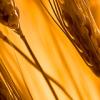
DNA Extraction from Wheat Germ
Source Institutions
DNA is the thread of life. Encoded in its genetic sequence is the information that makes each of us unique. This activity allows you to see long, stringy strands of DNA extracted from wheat germ.
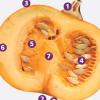
Squash Dissection
Source Institutions
In this activity, learners will dissect a pumpkin or winter squash to learn the parts of the plant. This activity gets your learner hands on with every part of the plant and will be messy.
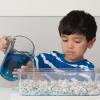
Water Underground
Source Institutions
Many people get water from a source deep underground, called groundwater.
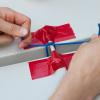
Strong Bones, Weak Bones
Source Institutions
Most people will break a bone in their body at some point in their life, but how much force does it take to break one?
